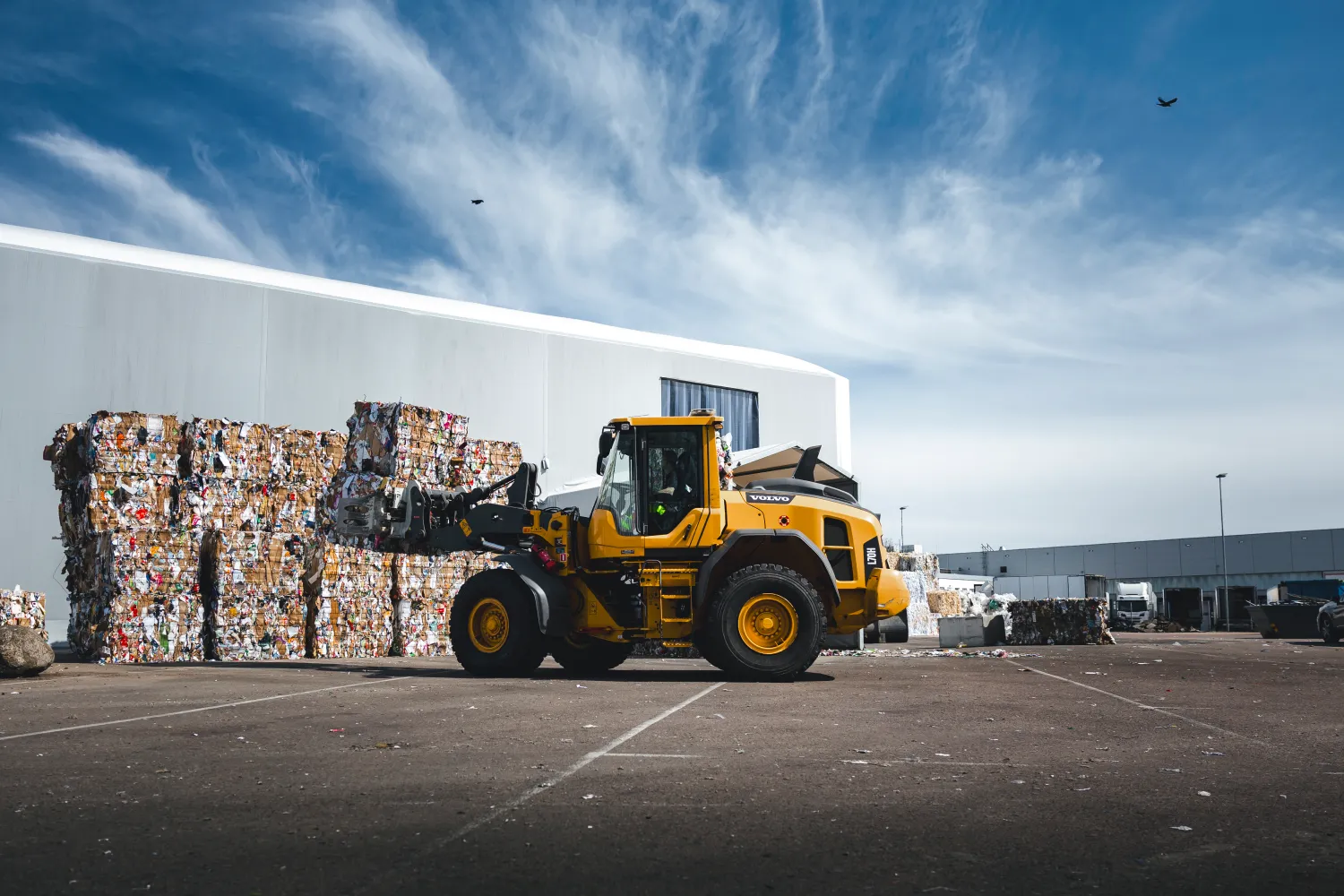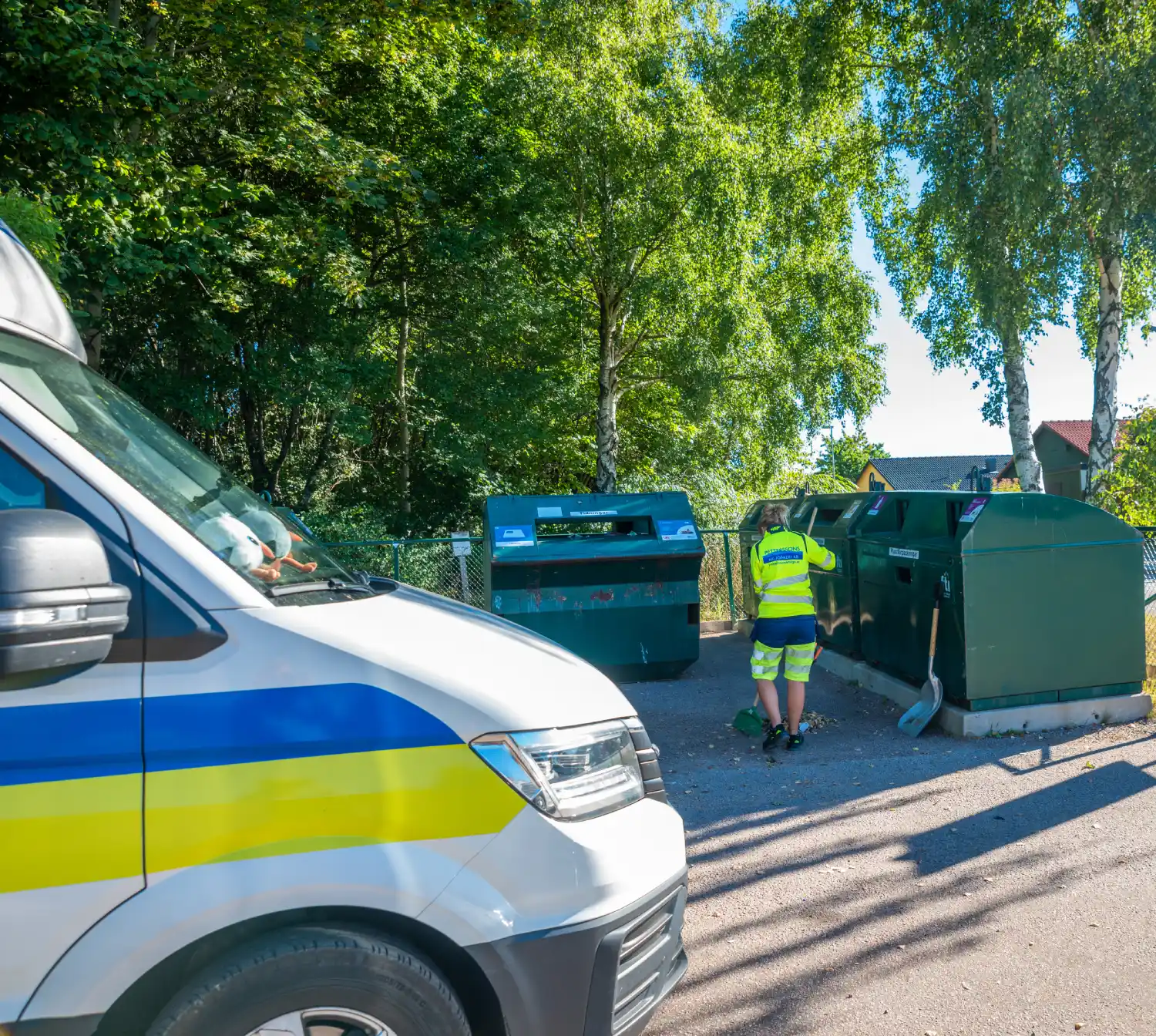Recycling in Sweden: A Step Toward a Sustainable Tomorrow
Recycling in Sweden: A Step Toward a Sustainable Tomorrow
Blog Article
Sweden is widely considered as one of the very most eco-conscious nations on earth, and its recycling attempts are in the centre of this green reputation. With a long record of sustainability practices, Sweden has not only implemented efficient Recycling (Återvinning) systems but also fostered a tradition of environmental obligation among its citizens. Nowadays, recycling in Sweden isn't just a policy—it's a national goal, embraced by persons, corporations, and the federal government alike.
Amazing Recycling Charges
Sweden's commitment to recycling is apparent in their remarkable statistics. The country recycles almost 99% of its house spend, which makes it a worldwide head in spend management. Swedish residents sell report, materials, materials, and glass with outstanding uniformity, assisted by an extensive and well-organized waste selection system. Regional authorities make sure that recycling bins are easily positioned, making it possible for Swedes to take part in the process.

Waste-to-Energy Model
In addition to traditional recycling, Sweden has pioneered an modern waste-to-energy (WTE) model. As opposed to landfilling or incinerating spend with harmful emissions, the united states turns a significant portion of its recurring spend in to energy. About 50% of Sweden's spend is used to generate energy and heat, causing the country's green power goals. That strategy decreases landfill use, decreases carbon emissions, and changes waste into a valuable resource.
Expanded Maker Obligation
One essential element in Sweden's recycling achievement is the adoption of Extended Producer Obligation (EPR). Under this method, manufacturers are required to get responsibility for the lifecycle of the products, such as the recycling of packaging and end-of-life items. That legislation has generated a reduction in appearance waste and a growth in sustainable item design. In particular, Sweden has made significant advances in reducing single-use plastic spend, with businesses shifting toward biodegradable or recyclable alternatives.
Community Attention and Education
The Swedish government has also invested seriously in increasing public awareness about recycling. Instructional campaigns have shown people about environmentally friendly great things about proper waste working and the importance of reducing consumption. Recycling is taught in colleges, and individuals of all ages are inspired to be involved in waste reduction initiatives. This widespread environmental consciousness has triggered a culture that requires pleasure in their green credentials, with recycling getting next character to many Swedes.

To conclude, Sweden's commitment to recycling is a perfect example of what sort of state may include sustainability in to its primary procedures and day-to-day practices. The country's extraordinary recycling rates, waste-to-energy model, and forward-thinking method of spend administration offer as a blueprint for other nations striving to lessen their environmental impact. With continued development and community proposal, Sweden is placed to stay at the forefront of international recycling initiatives, showing that eco-friendly techniques are not only a trend—they're the future.
Report this page